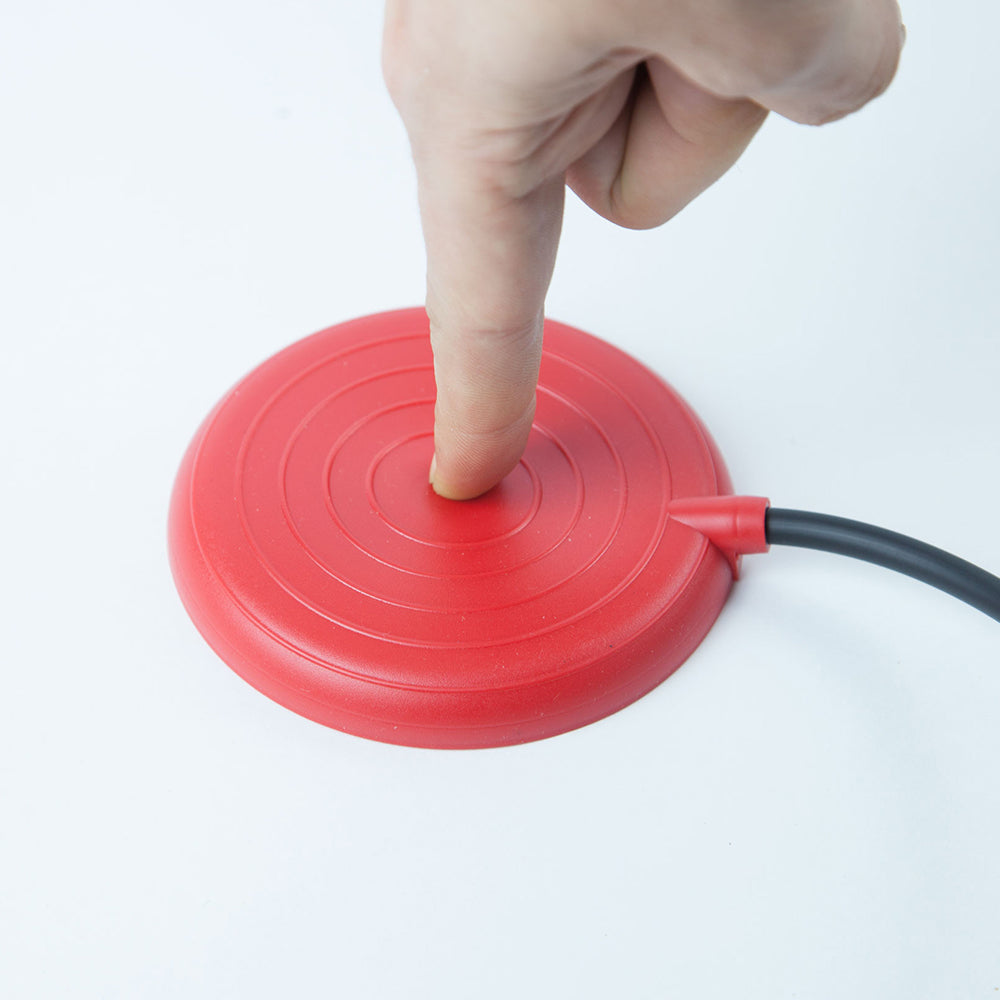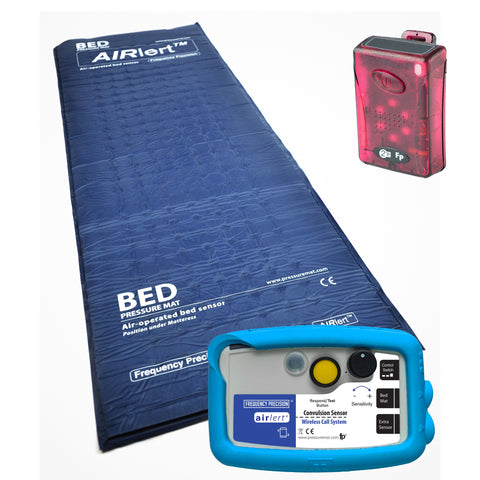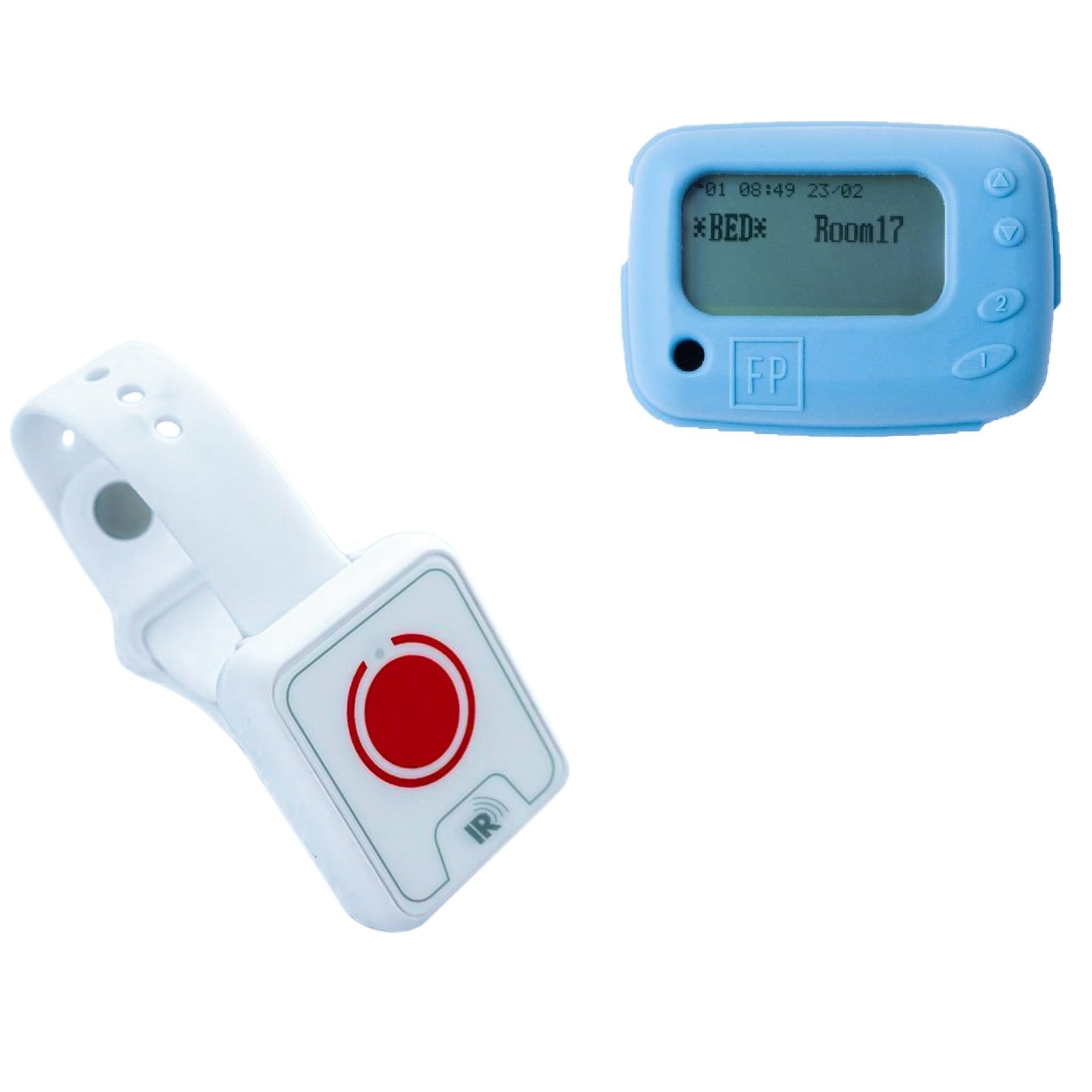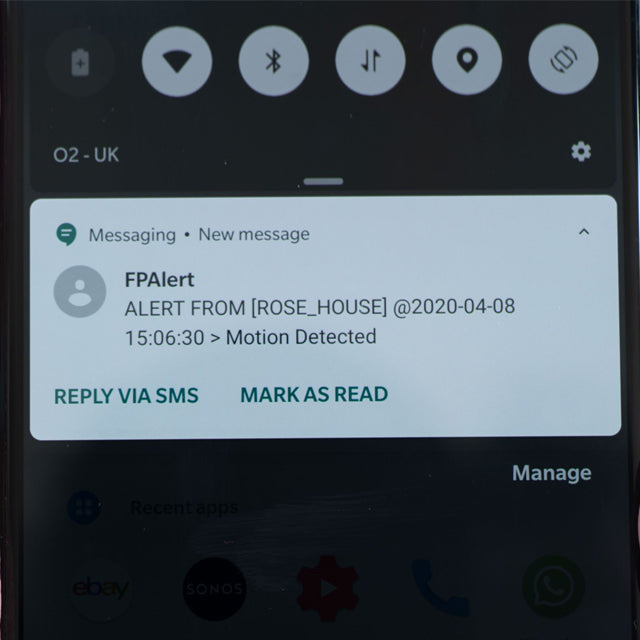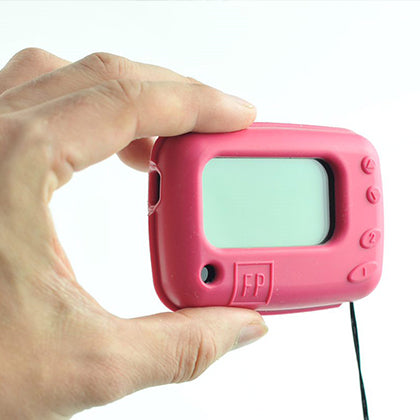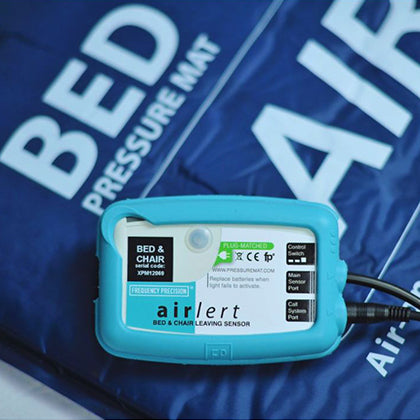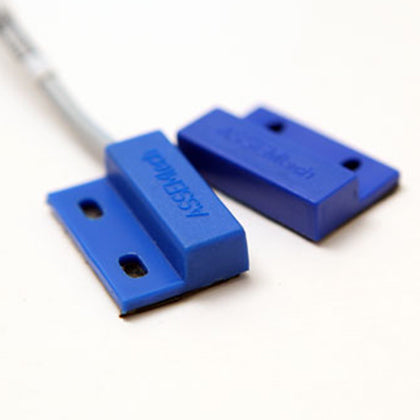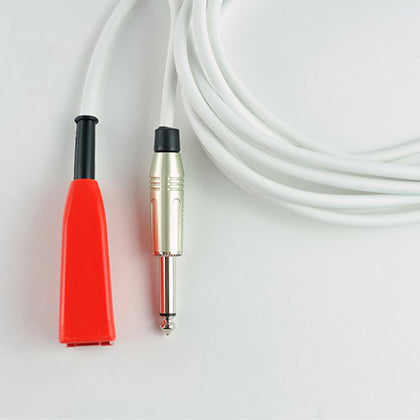
Living withAlzheimer's is not easy for anyone.
It is a progressive neurological disorder that primarily affects the elderly.
Thesymptoms worsen over time and include memory loss and confusion. Therefore, most people with Alzheimer's can't think clearly, have trouble remembering things from the past, can't carry out daily activities independently, communicate or take care of themselves.
Although Alzheimer's is a degenerative brain disorder, there are ways to make the lives of such patients easier.
1. Placing Bed and Floor Pressure Mats
Many with Alzheimer's live in their own homes, making it necessary to have someone with them to help them whenthey need assistance.
This can be a big job for one person, so an assistive care system is often used to help monitor the patient's safety and well-being.
Awired floor alarm pressure mat is usually placed somewhere in the house where the patient spends most of their time—often as a rug on the floor or under their bed mattress.
If the patient gets out of bed or off the couch and steps onto the mat, it will send an alert to whoever is monitoring them—usually either a medical professional or a family member. As soon as the caregiver receives this alert, they can assess whether there's an issue that needs to be addressed or if everything is fine.
Bed,floor, andchair pressure mats are invaluable if you're trying to ascertain when and how often someone with Alzheimer's leaves their home or wanders around inside it.

2. Installing Elderly Monitoring Systems
- Toilet Alarms
Having a toilet alarm installed in the bathroomallows one to keep track of when your loved one gets out of bed in the middle of the night and wanders into the bathroom, preventing any accidents or falls that could happen during this time.Accessible toilet alarms consist of an external alert alarm, an integrated sounder, and a pager. They are also useful when providing assistance, for example, when changing clothes.
- Motion Sensors
Installmotion sensors in areas such as hallways and bathrooms so that you can monitor your loved one at all times.Motion sensors help provide additional safety benefits by preventing trips and falls at night. Many people use these in conjunction with other safety monitoring devices such as video cameras anddoor sensors.
3. Getting Wireless Bedside Nurse Call Point
Ourbest portable nurse call system allows your loved one to immediately alert you when they need assistance—whether from the bathroom or bed.
You can also set up the alert notification system so that if no response is received after a certain amount of time, an emergency contact is notified. That way, if you aren't home or are otherwise unable to attend to them at the time of their request, someone else close by will know about it and be able to respond as needed.
Why Choose Us?
Frequency Precision offers reliable and affordableassistive care products, especially catering to the needs of dementia and Alzheimer's patients. These include our patented Airlert bed occupancy sensor, as well as convulsion sensor mat alarm, portable nurse call system, and fall detection watches.

